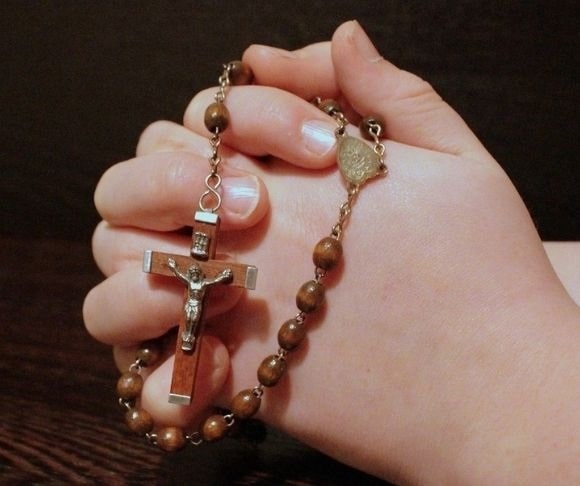Lorie Smith is a website designer and devout Christian who creates original online content. She wants to design wedding websites promoting her understanding of marriage and restrict them to messages consistent with her faith. Smith’s problem is a Colorado law that requires her to produce work celebrating same-sex marriage. The lower courts chose anti-discrimination above freedom of speech, however, and now the Supreme Court has announced it will take Smith’s case, 303 Creative vs. Elenis, to decide on her appeal.
Freedom of Speech, Just Watch What You Say …
 Forced or compelled speech is the same as banned speech as far as the First Amendment is concerned. Smith says that Colorado’s Anti-Discrimination Act (CADA) functions to both restrict and compel her speech. In this case, the compelled speech requires her to make websites for homosexual couples, celebrating their union in marriage, something she finds inconsistent with her faith. The restriction forbids her from posting a statement online explaining that she can only speak messages in accord with her religious beliefs.
Forced or compelled speech is the same as banned speech as far as the First Amendment is concerned. Smith says that Colorado’s Anti-Discrimination Act (CADA) functions to both restrict and compel her speech. In this case, the compelled speech requires her to make websites for homosexual couples, celebrating their union in marriage, something she finds inconsistent with her faith. The restriction forbids her from posting a statement online explaining that she can only speak messages in accord with her religious beliefs.
Smith lost in the district court and again in the U.S. Court of Appeals for the Tenth Circuit. Her brief to the Supreme Court says:
“The Tenth Circuit applied strict scrutiny and astonishingly concluded that the government may, based on content and viewpoint, force Lorie to convey messages that violate her religious beliefs and restrict her from explaining her faith. The court also upheld [the CADA] even though CADA creates a ‘gerrymander’ where secular artists can decline to speak but religious artists cannot, meaning the government can compel its approved messages.”
The issues here should seem familiar because the 2018 Masterpiece Cakeshop case addressed the same ones. The Supreme Court essentially punted on that case rather than make a substantive ruling, and here we are addressing its failure to rule on the law. In Masterpiece, a Colorado bakery refused the commission of a wedding cake for a gay couple based on the owner’s religious beliefs and was punished by the state. The Supreme Court ruled on the case, but it didn’t decide the principal issue: Do non-discrimination laws trump the right to freedom of speech and freedom from compelled speech? Instead, the majority found a procedural ejection seat and punched out without making a significant ruling.
Second Bite at Free Speech
 Perhaps now the Court will clear up whether it has instituted a new jurisprudence, one sublimating the free speech rights guaranteed by the First Amendment to non-discrimination considerations for same-sex couples. The Court agreed to take this case to answer the question “Whether applying a public-accommodation law to compel an artist to speak or stay silent violates the Free Speech Clause of the First Amendment.” Smith is represented by the Alliance Defending Freedom, the same group that represented Masterpiece Cakeshop. She said on Feb. 22, after the Court agreed to hear her case, “I have been hoping and praying for this day for many, many years,” and “my case is important to all Americans including artists like myself; it’s important that our first amendment rights for free speech are protected … ”
Perhaps now the Court will clear up whether it has instituted a new jurisprudence, one sublimating the free speech rights guaranteed by the First Amendment to non-discrimination considerations for same-sex couples. The Court agreed to take this case to answer the question “Whether applying a public-accommodation law to compel an artist to speak or stay silent violates the Free Speech Clause of the First Amendment.” Smith is represented by the Alliance Defending Freedom, the same group that represented Masterpiece Cakeshop. She said on Feb. 22, after the Court agreed to hear her case, “I have been hoping and praying for this day for many, many years,” and “my case is important to all Americans including artists like myself; it’s important that our first amendment rights for free speech are protected … ”
Two justices did say during the previous case that the First Amendment required allowing the bakery to choose its messages: Clarence Thomas and Neil Gorsuch. Two justices rejected that analysis: Ruth Bader Ginsburg and Sonia Sotomayor. Now that Justice Amy Coney Barrett has replaced Ginsburg and Justice Brett Kavanaugh has replaced Justice Anthony Kennedy, the high court vote count seems more likely to favor free speech over compelled and restricted speech. The case was not assigned an argument date but will likely be heard next fall.
~ Read more from Scott D. Cosenza.




